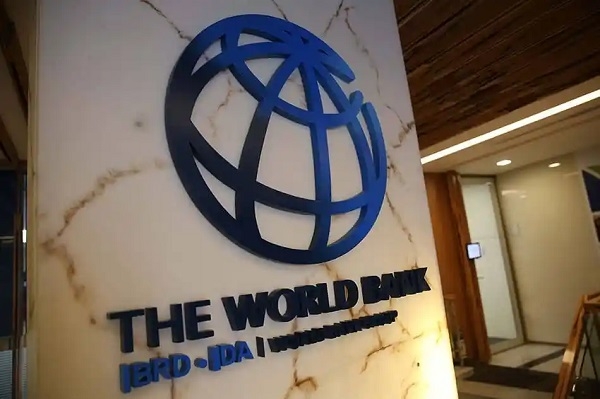Ghana's 24-Hour Economy Policy: Local Institutional Investors and Venture Capital to Partner - BusinessGhana
As the Government of Ghana, under the leadership of President John Mahama, prepares for the official launch of its flagship 24-hour economy policy on July 2, a powerful case is being made for domestic capital to take the lead in financing this transformative national agenda. With Presidential Advisor Goosie Tanoh outlining the policy's ambitious scope, and the Finance Ministry under Dr. Cassiel Ato Forson signaling strong support, the conversation is rapidly shifting from "if" to "how" this vision will be funded. For local private-sector advocates, the answer must be found at home.
The government's policy aims to create a round-the-clock economy by encouraging businesses and public institutions to operate in three continuous eight-hour shifts. This initiative is designed to boost productivity, generate employment, and accelerate Ghana's journey towards becoming an export-led economy. However, such a monumental undertaking requires substantial, patient capital to fund everything from infrastructure upgrades and industrial expansion to operational scaling, ecosystem and commercial talent development.
While the allure of foreign direct investment is strong, a growing chorus within Ghana's private capital investment and business community is cautioning against over-reliance on external funding. The concern is that a rush for foreign capital, driven by the government's desire to secure quick wins, could lead to unfavorable concessions and sideline local investors, ultimately resulting in a 24-hour economy owned and dominated by foreign interests.
In this context, a strategic partnership between the government and Ghana's private institutional investors is being positioned as a critical component of the policy's financing package. At the forefront of this push is the Ghana Venture Capital and Private Equity Association (GVCA), which argues that the nation's own pension funds hold the key to unlocking sustainable, domestic-led growth.
The GVCA has been championing its "5% Pension Industry Compact," an initiative designed to encourage local pension funds to allocate a modest 5% of their assets to alternative investments like private equity and venture capital. This move, advocates argue, would not only diversify pension portfolios and open them up to better returns from growth sector industries but would also inject vital capital directly into the real economy, supporting the very Ghanaian businesses - from the most viable, robust SMEs to larger industrial players - that are essential to the success of the 24-hour economy.
At the recent Africa Impact Summit, Amma Gyampo, CEO of the Ghana Venture Capital and Private Equity Association (GVCA), emphasized the industry's readiness to collaborate with the government to ensure Ghanaians are the primary beneficiaries of this new economic policy:
"The 24-hour economy represents a pivotal moment for Ghanaian industrialization and, in this global era of funding freezes, it's got to be fuelled by Ghanaian institutional investors and equity fund managers," says Gyampo. "Our industry's critical role is to unlock and manage the immense potential of domestic private capital. We can no longer rely of expensive debt and international funding in this day and age. The 5% Pension Industry Compact, which the GVCA continues to spearhead, is a pragmatic and powerful mechanism to unlock over GHS 5 billion from our own local institutional investors who sit on GhS 100bn in assets under management by pension funds alone according to the NPRA (National Pensions Regulatory Authority). We stand ready to partner with the Government to ensure that local investors are owners and financiers- backing the rollout of the 24-hour economy from within. This is about building a resilient, self-sufficient industrial base, and that begins with us investing in ourselves."
The logic is compelling - pension funds themselves are under threat from a dwindling contributor base comprising a youthful demographic and largely informal nature of the economy. As such pension funds need to be strategic in how they allocate and invest in the real sector to create a robust base of demand-driven import substitution and export industries, as well as infrastructure investments and salaried employee contributors from which it can survive and thrive. A 5% allocation from Ghana's pension funds could unleash an estimated $500 million (over GHS 5 billion) in domestic investment capital. This initial injection would serve as a powerful catalyst, de-risking the landscape and attracting catalytic layers of co-investment from international development finance institutions and foundations already dedicated to transformative private sector growth through venture philanthropy and blended finance solutions to development finance and impact investments.
For Ghana's private sector, and given the global funding freeze, the time for passivity is over. Proactive engagement and strong advocacy are needed to ensure that domestic capital is the foundation upon which Ghana's 24-hour economy is built. As the nation stands on the cusp of this bold new chapter, the focus must be on harnessing local resources to create a truly Ghanaian success story.






